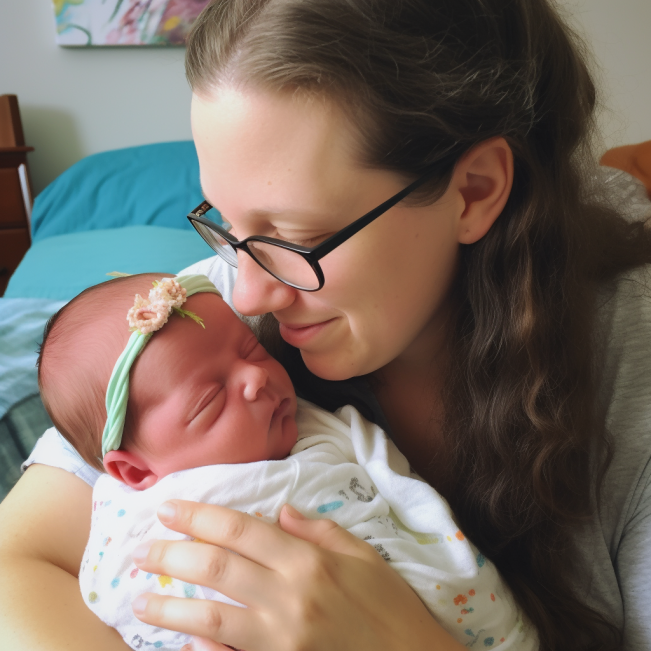Hey Leavenworth families! Whether you’re expecting, have a newborn at home, or need reassurance in your breastfeeding journey, I’m here to help! Contact me here to schedule a consultation and receive personalized lactation support tailored to your needs. As a Certified Breastfeeding Specialist, I offer expert guidance on everything from proper latch techniques and milk supply management to breastfeeding positions and postpartum care.
My goal is to support you every step of the way, ensuring you and your little one have the best possible start. Whether you’re preparing for breastfeeding or navigating challenges like nipple pain, infant weight gain, or returning to work, I’m here to help you create a plan that works for you and your family. I also offer support for preterm infants to help establish and maintain a healthy milk supply.
If you’re in Leavenworth, KS, and need lactation support, reach out to me here for a private consultation, either at Trusted Care or in your home. I’m committed to providing the care and support you need for a successful breastfeeding journey. For more information, visit the Trusted Care lactation support page.
I can’t wait to work with you and support your breastfeeding goals! 🌟
#LeavenworthKS #LactationSupport #BreastfeedingJourney #NewMomSupport





